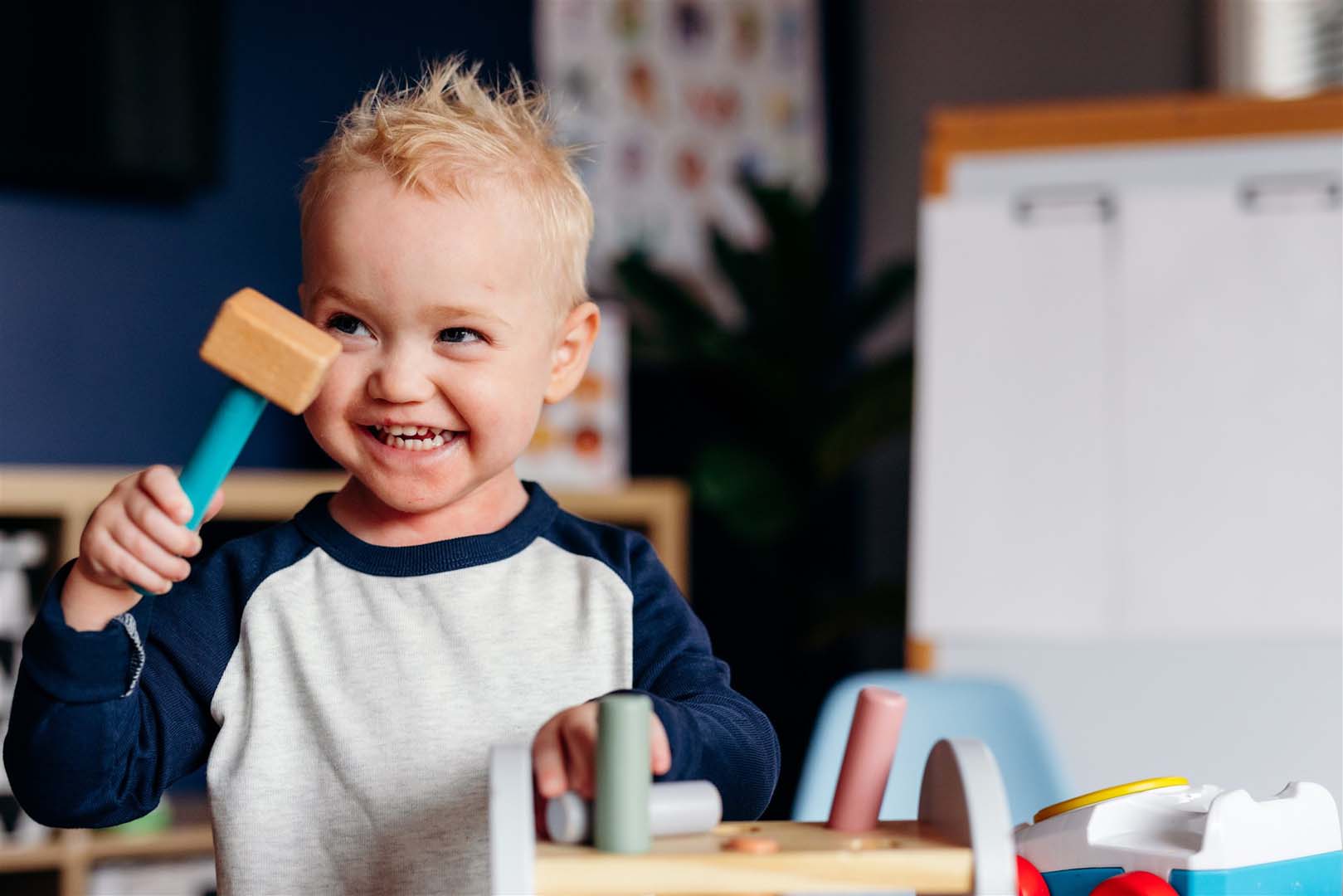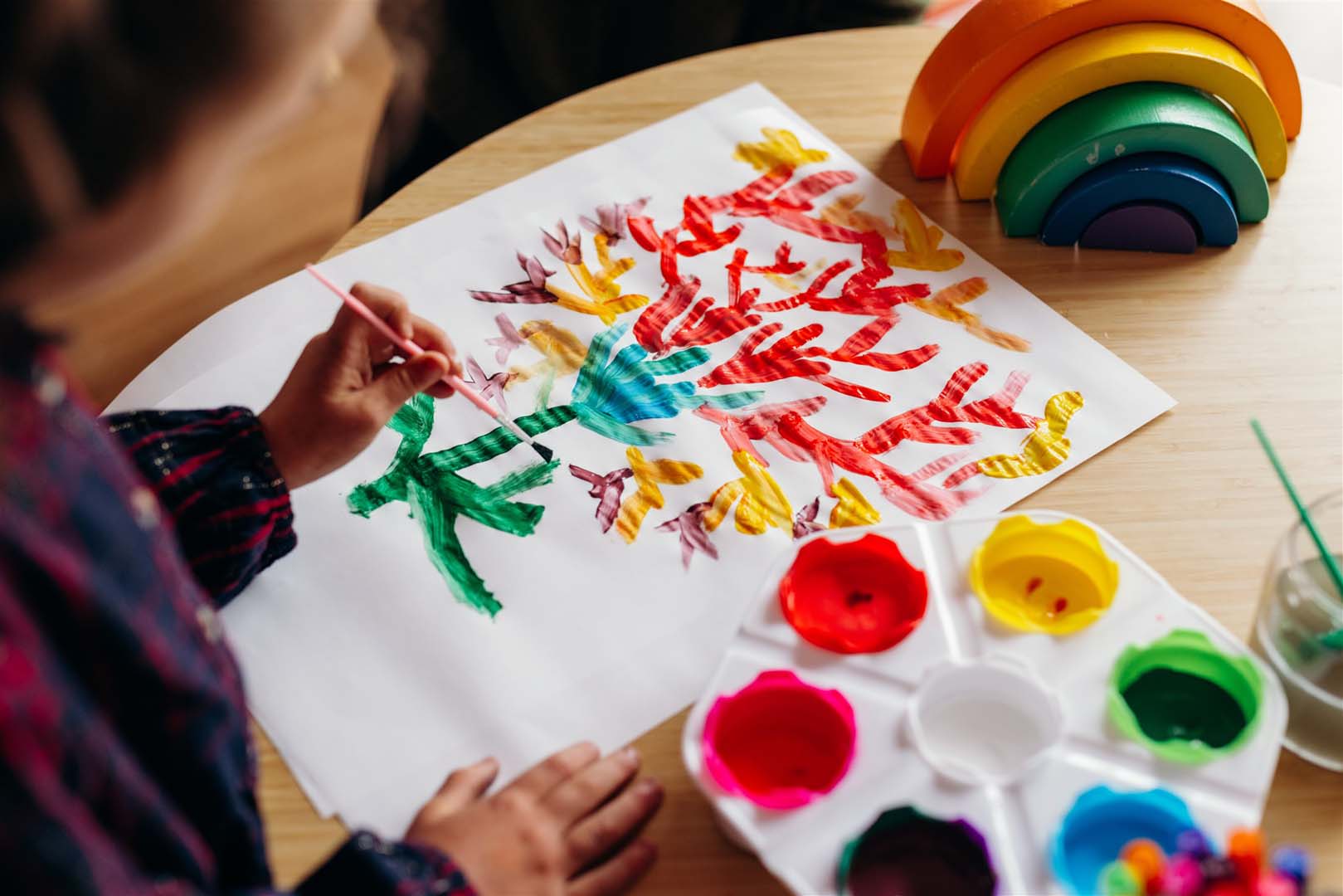Play Therapy is a model of counselling specifically for young children who may struggle with the directive approach often used within standard talk therapy. Child -Centred Therapy allows a child to process and work through their struggles or feelings at the rate they are comfortable with, by letting the child lead in each of their sessions.
Our role during a Play Therapy session is to provide a trauma-informed space and respond with facilitative responses which validate the child throughout their play. In the playroom, we may need to put boundaries and limits in place from time to time for safety purposes. However, we believe there is still a lot of value in these moments, and they are going to be beneficial for the child’s social and emotional development and to assist with the development of prosocial and executive functioning skills.
Play Therapy can be particularly powerful for children who may be traumatised by an event or series of traumas; this can be a wonderful therapeutic intervention as it is non-directive- which ensures the child will not be forced to discuss or process anything they do not feel ready to during these sessions.
Overtime, we would hope to see when the trauma response is activated and evident in a child’s behaviour (fight, flight, freezing and fawning) that there begins to be a shift as they learn how to attune to their body (while being co-regulated by an adult). Children will begin to recognise emotions when experiencing an activated trauma response and develop adaptive behaviours to manage the responses. Over time, the nervous system begins to regulate without the assistance of an adult. Play Therapy gives children other tools and adaptive behaviours to take into their home, school, or care context.
Play Therapy can be very special for our nonverbal children or those with selective mutism who many struggle to connect with others due to language or communication barriers. These children can find making friends or play alongside their peers challenging-or simply feel misunderstood during the day in a classroom context where their contributions to the experiences are not often validated due to those barriers.
Our role as practitioners is to provide these children with a space they can express themselves freely (loudly or silently) and without restraint to feel and express their feelings that they may be carrying due to their challenges. We can interpret nonverbal cues and observe and track a child’s behaviour to make meaning of their play. We listen to the stories children are telling without the use of their physical voice, and build a relationship based on connection and respect for each other.
If you have a child who is nonverbal and feeling overwhelmed during school/care hours or just at home; Play Therapy can be a great way for them to connect with someone else and give their brain a break from trying so hard each day to express what they want and need.

